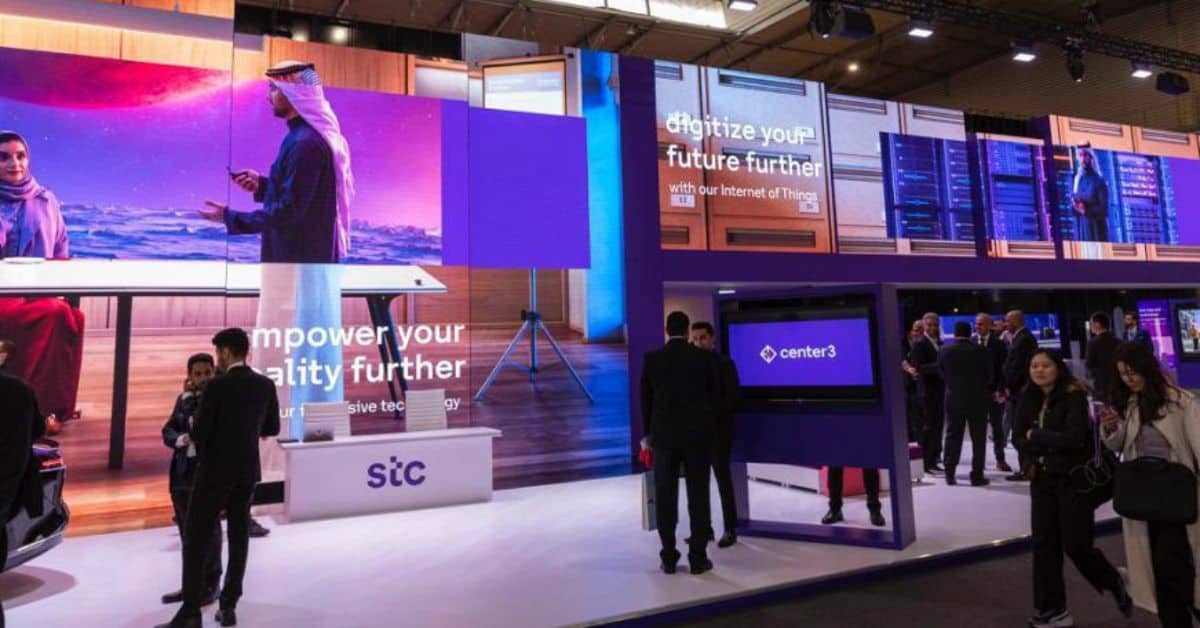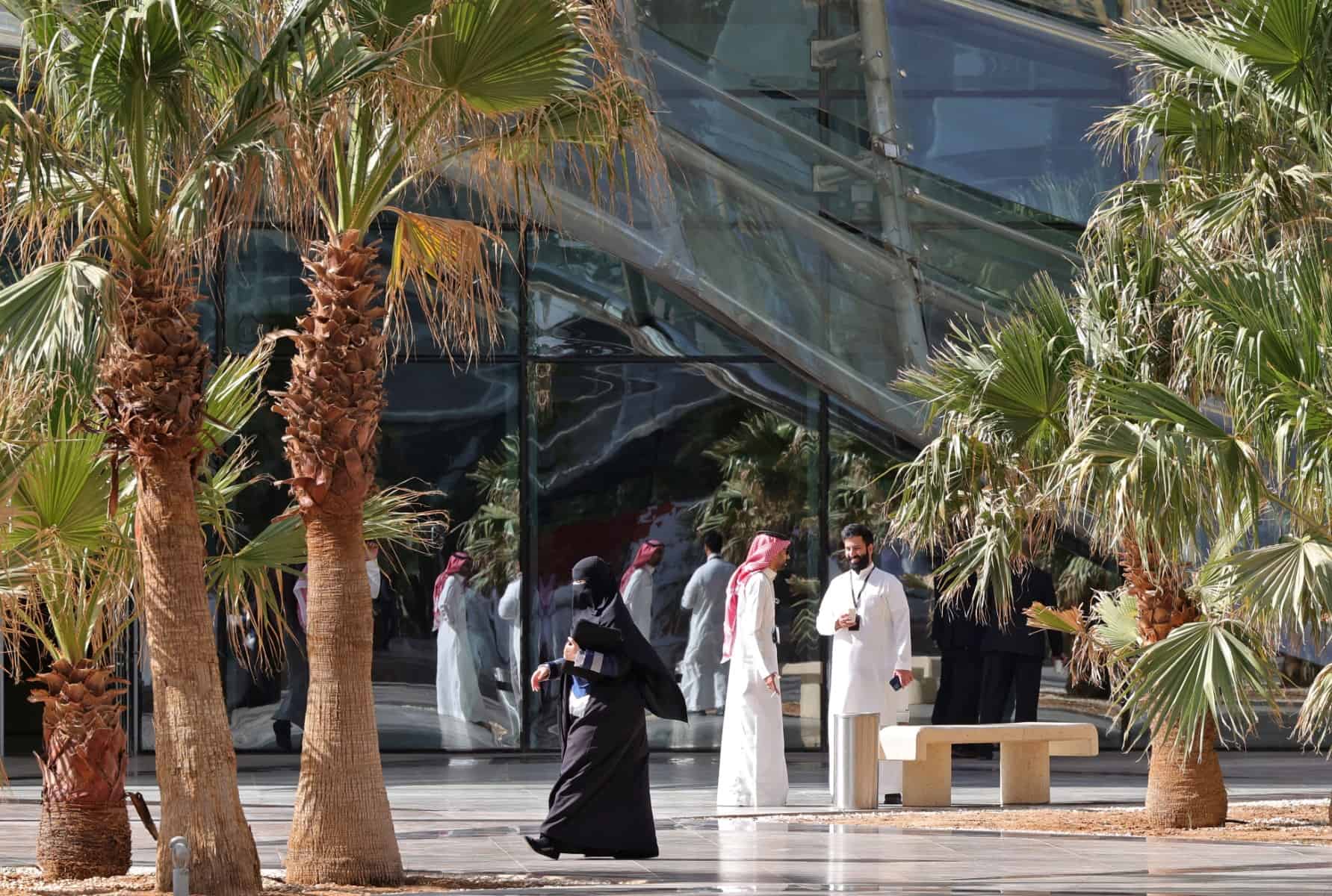RIYADH, SAUDI ARABIA – More than 50 percent of chief information officers (CIOs) in Saudi Arabia are now focused on transitioning their existing business models to digital ones, demonstrating the adoption of a “digital-first” mindset, a recent IDC survey has pointed out.
According to Hamza Naqshbandi, IDC’s Associate Vice President for Saudi Arabia and Bahrain, progressive Saudi organizations are monetizing existing products by extending core offerings with ecosystem partners and providing their products/services online as subscription-based services.
The top three areas where Saudi organizations have experienced the most significant impact from digital transformation (DX) are improved customer satisfaction, advocacy, and retention; increased cost efficiencies through digitalizing operations; and enhanced value derived from data for better insights and decision-making.
Naqshbandi told TRENDS that IDC expects Saudi organizations to prioritize the following digital objectives over the next 12-18 months:
- Digitalizing operations (process automation, reengineering, and productivity improvements).
- Delivering insights at scale by building data and enterprise intelligence capabilities.
- Increasing revenue share from digital products, services, channels, and platforms.
In 2023, Saudi Arabia is expected to have the fastest-growing major economy. The Kingdom aims to rank among the top 15 global economies by 2030, as outlined in Vision 2030. To achieve this, Saudi Arabia plans to create an attractive investment environment, diversify its economy, and increase the share of non-oil exports from 16 percent to 50 percent.

As Vision 2023 enters its execution phase, Naqshbandi believes that Saudi organizations will shift their strategic focus from “digital transformation” to “digital value creation.” The emphasis will be on running and scaling a viable digital business aligned with national transformation initiatives. This shift aligns with IDC’s global prediction that by 2026, digital products, services, and experiences will generate 40 percent of total revenue for G2000 organizations.
Naqshbandi added that this transformation will be central to Saudi Arabia’s digital economy aspirations and will require IT transformation, moving from a back-office function to driving innovation by using technology as a platform for competition and differentiation.
Future trends in Saudi ICT market
The Saudi market is the region’s largest ICT market, with IDC forecasting $34.5 billion in ICT spending in the Kingdom by 2023. The Saudi government has made significant efforts to attract key multinational corporations in strategic emerging technology areas while also stimulating demand for tech products and services among Saudi businesses. Its ICT sector strategy includes dedicated workstreams aimed at attracting foreign direct investment, increasing localization, and nurturing an entrepreneurial culture.
Regulatory enablers are rapidly evolving to accommodate the changing dynamics of the Kingdom’s technology and innovation landscape. The regulatory environment is already proving to be a key enabler for attracting investment and driving innovation across emerging technology areas such as AI, IoT, cloud, and cybersecurity, whether by ensuring standardization, creating effective enforcement and operationalization mechanisms, or demonstrating responsibility and accountability.

Naqshbandi asserts that regulators, policymakers, and industry stakeholders are exhibiting high levels of future awareness, collaboration, and platform thinking, fostering a conducive, inclusive, and innovative growth environment. He acknowledges that the future will be filled with disruption as Saudi Arabia transitions from the “digital transformation era” to the “digital business era.”
In 2023, emerging technology areas like AI, IoT, big data analytics, and cybersecurity are expected to account for approximately 26 percent of total IT spending in Saudi Arabia. AI spending alone is projected to grow at a 26 percent CAGR through 2026.
Sustainability is a key strategic objective for 73 percent of Saudi organizations surveyed by IDC, with nearly a quarter of them having a board member or senior executive assigned to oversee corporate social responsibility (CSR) and environmental, social, and governance (ESG) initiatives.
Almost half of the polled Saudi organizations plan to implement a commercial use case for the metaverse by 2026. Interactive customer experiences and immersive shopping experiences are expected to be the two most popular metaverse use cases in the coming years.








